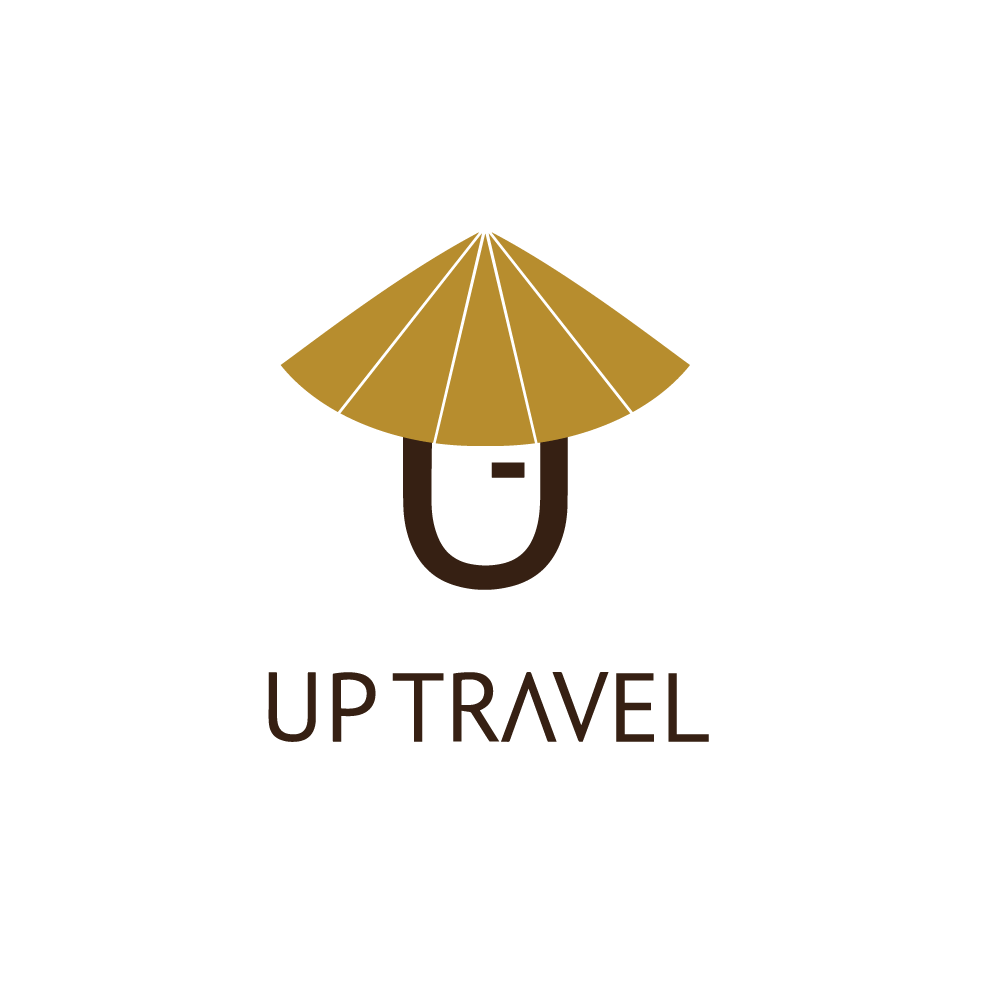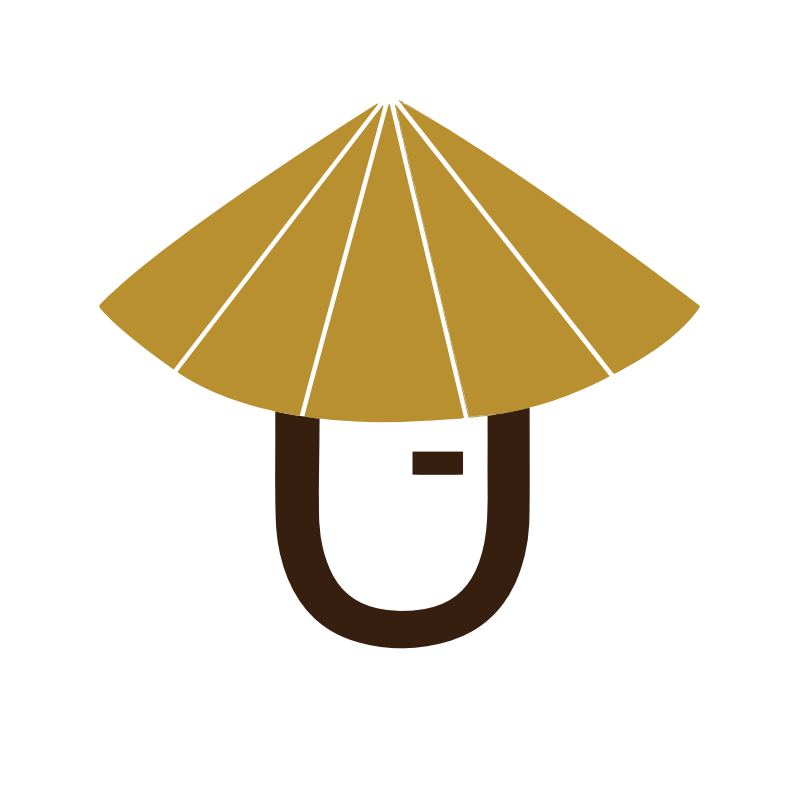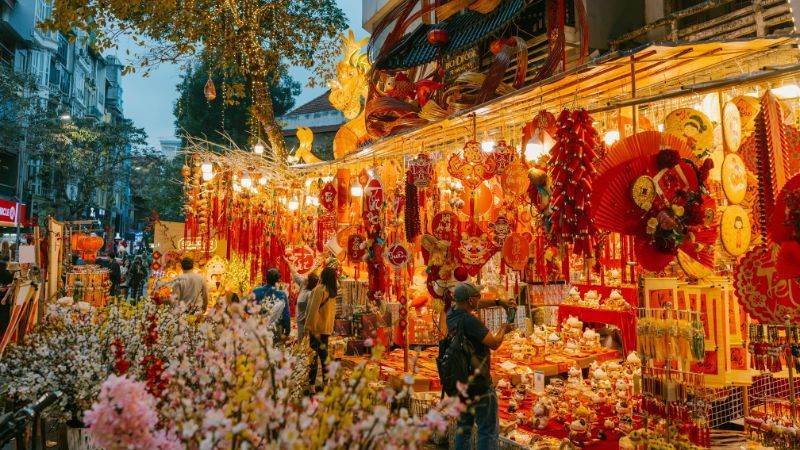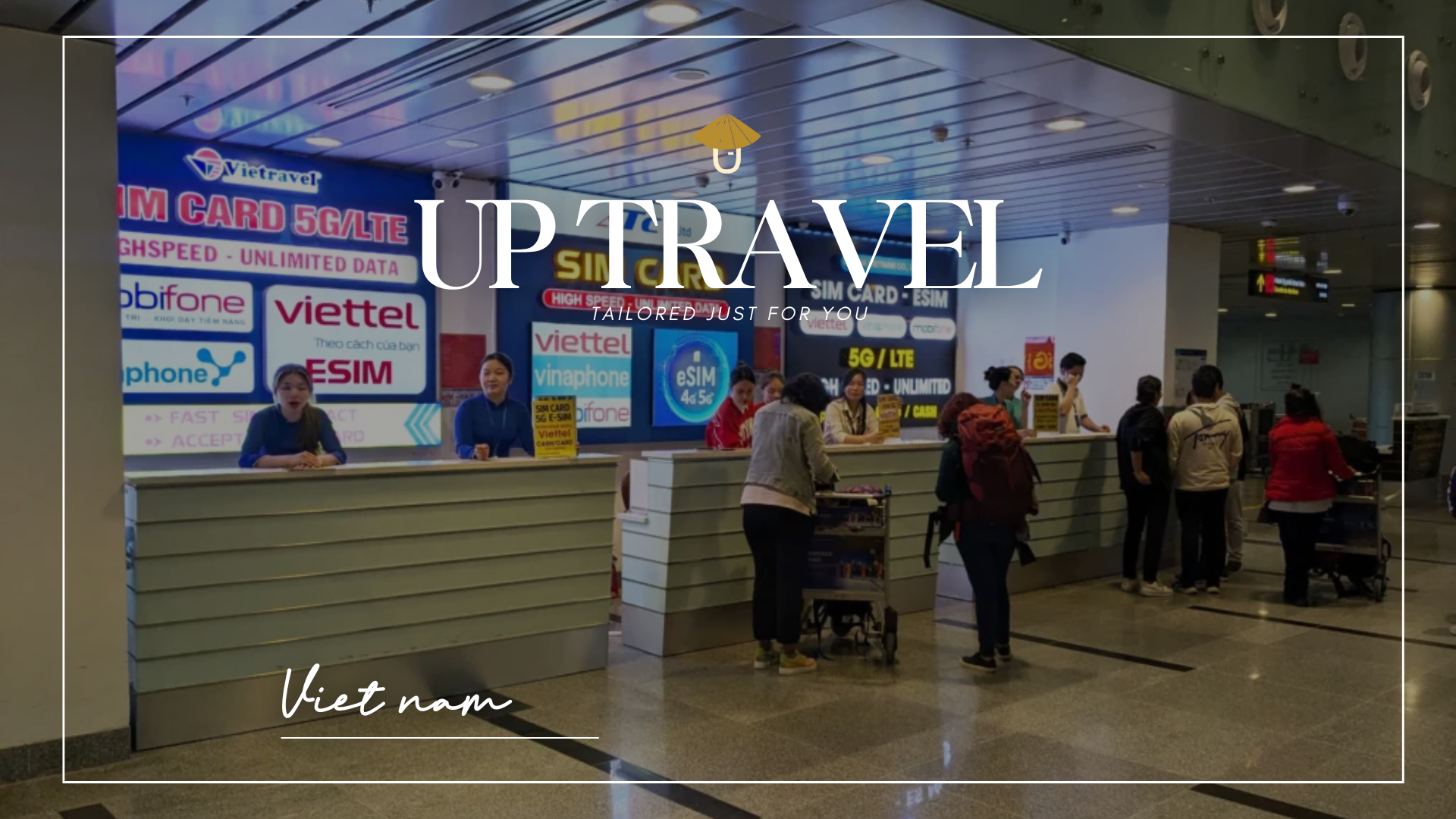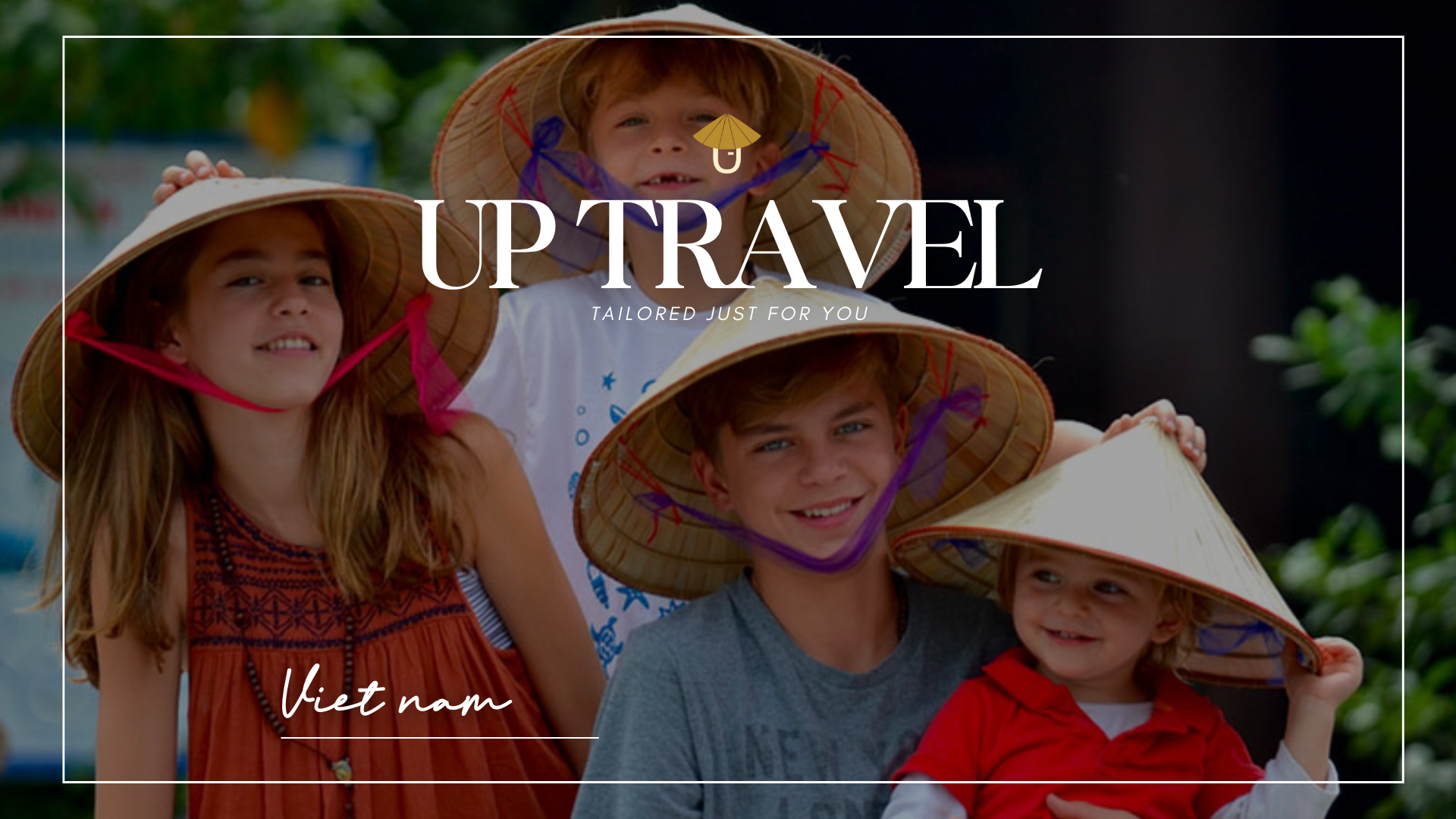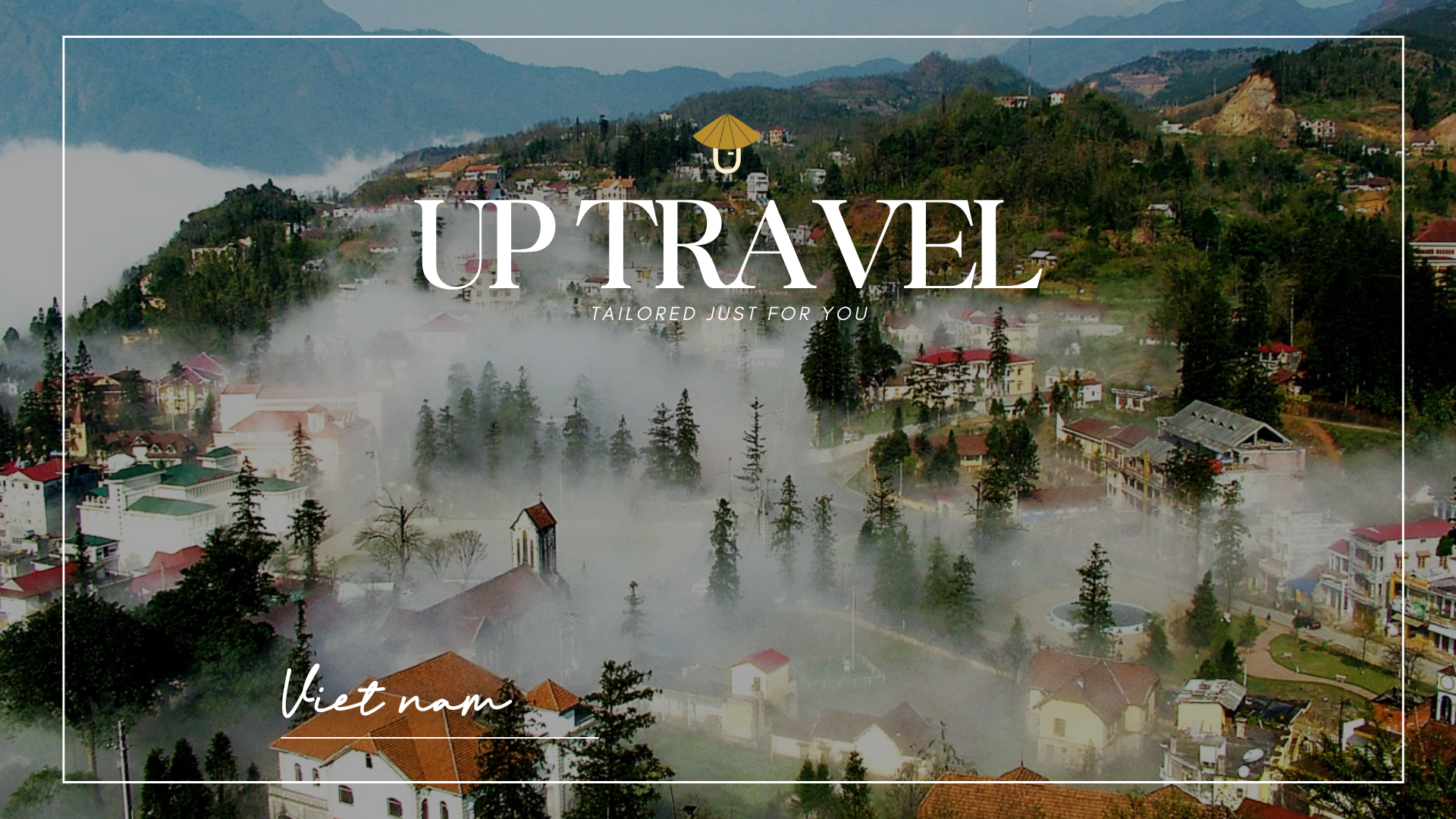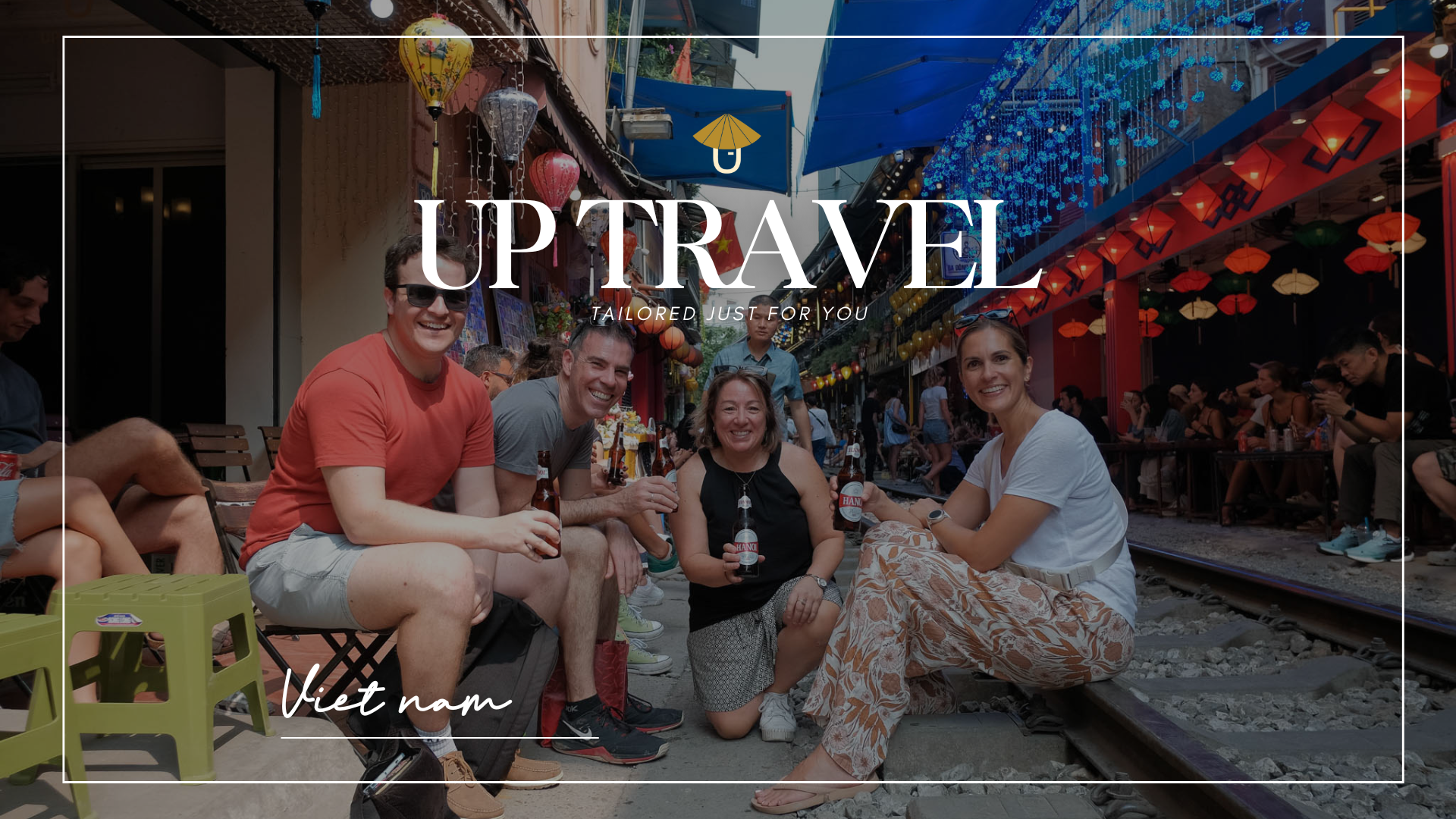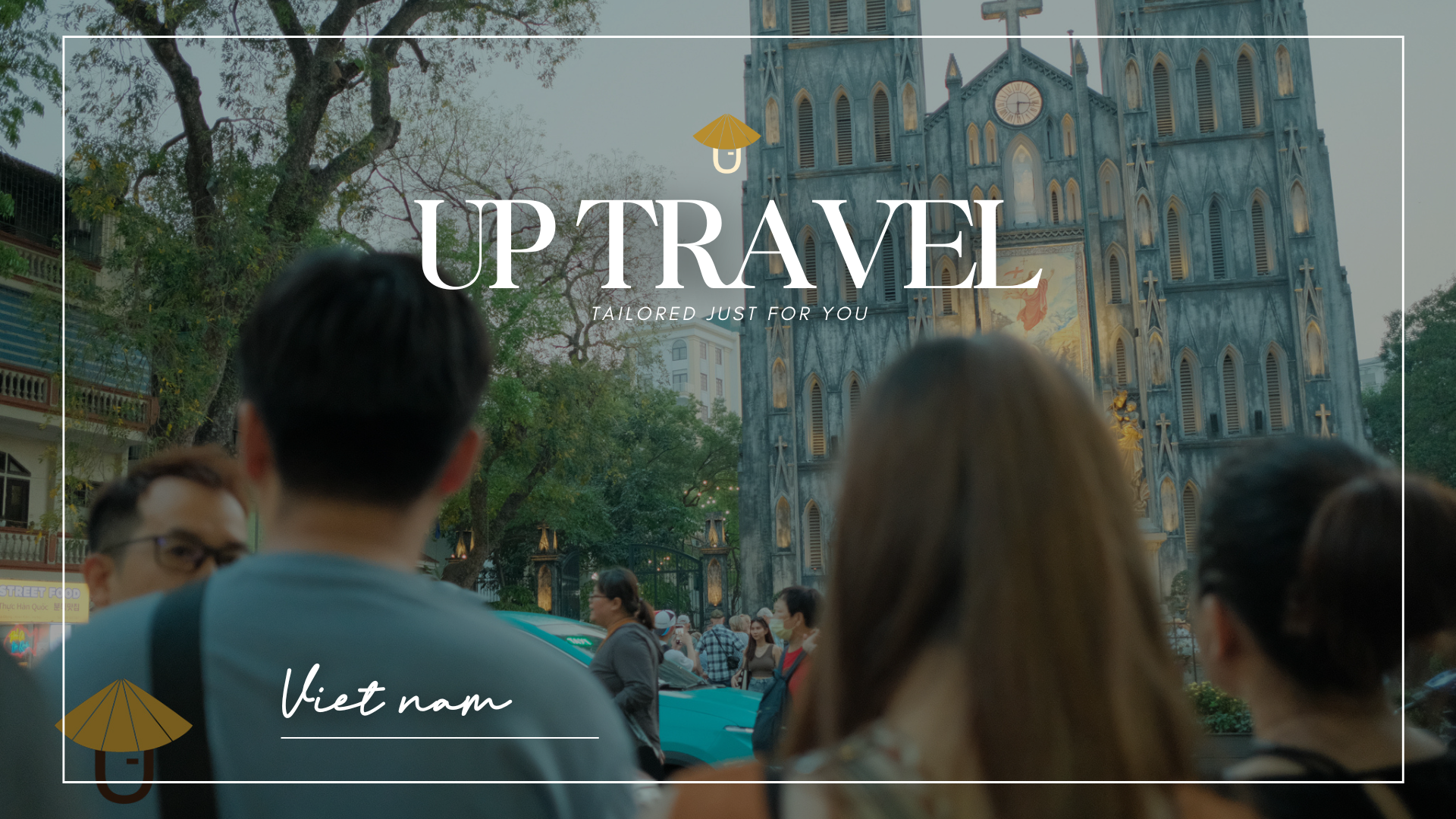A Gen Z's Guide to Vietnamese Folk Religion
What is Vietnamese Folk Religion? 🌸
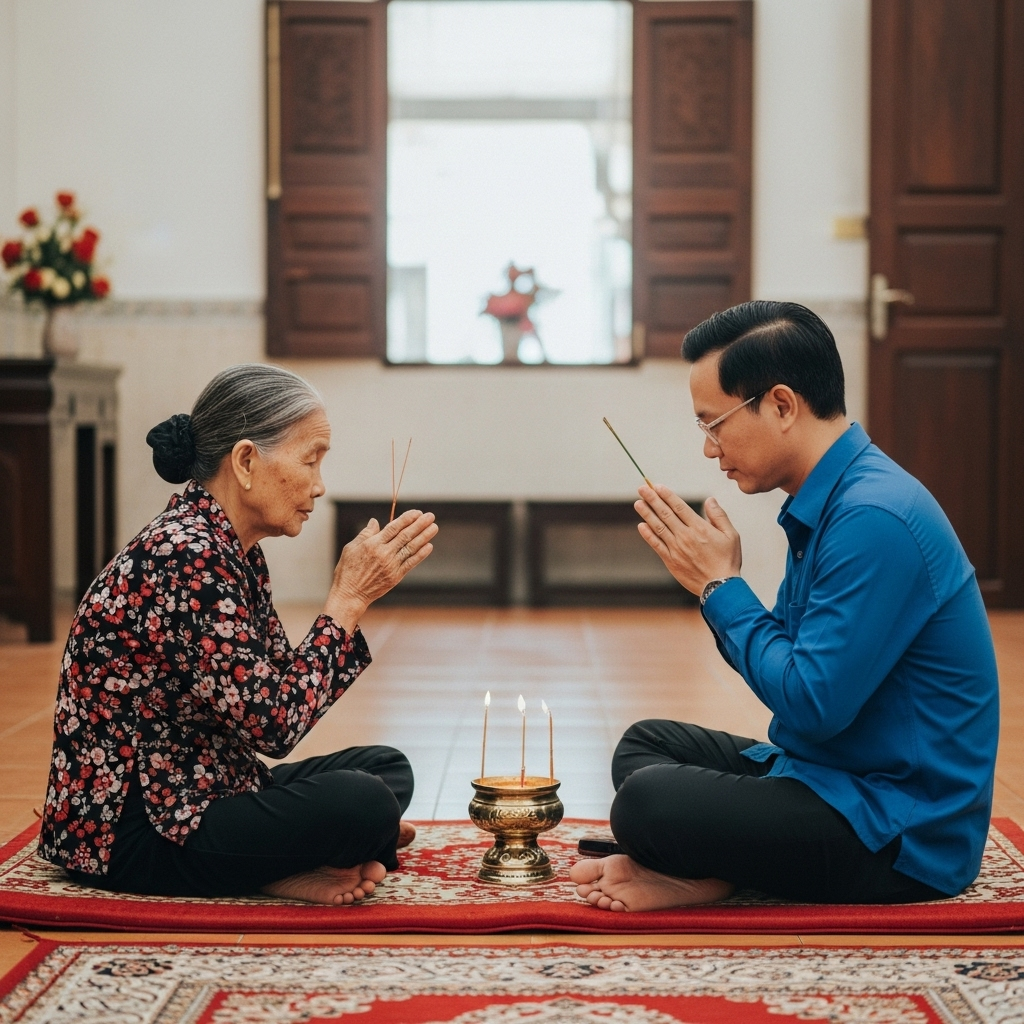
Fresh fruits and crackers at the altar in a quiet corner of the otherwise bustling local market. Burnt incense sticks at the cemetery in the cool air of Tết. These sights are all elements of Vietnamese folk religion, a set of spiritual practices and beliefs adhered to by most Vietnamese people, no matter what their religions are.
💡 Fun fact: As of 2019, nearly 90% of the Vietnamese population reports being irreligious. But folk religion is inseparable from our daily lives, originally because of the country's agricultural culture. In order to grow rice, fruits, and other sources of sustenance to provide for Vietnamese people and export globally, farmers depend on favorable weather conditions. Just a little more rain than usual or a few extra dry days can ruin an entire harvest season. Thus, we ask our ancestors and deities to bless us with not only nice weather, but also health and prosperity.
Now, you might think that as Vietnam shifts its focus from agriculture to the industrial sectors and generational conventions evolve, Vietnamese folk religion is becoming unpopular. Wrong!
For Vietnamese people, these traditions represent far more than a formal wish for abundance: they are reflections of an individual's growth and links to their loved ones. Explore some of these long-standing practices and what you can do to be a culturally savvy visitor!
🎓 Praying before Exams: A Student Tradition
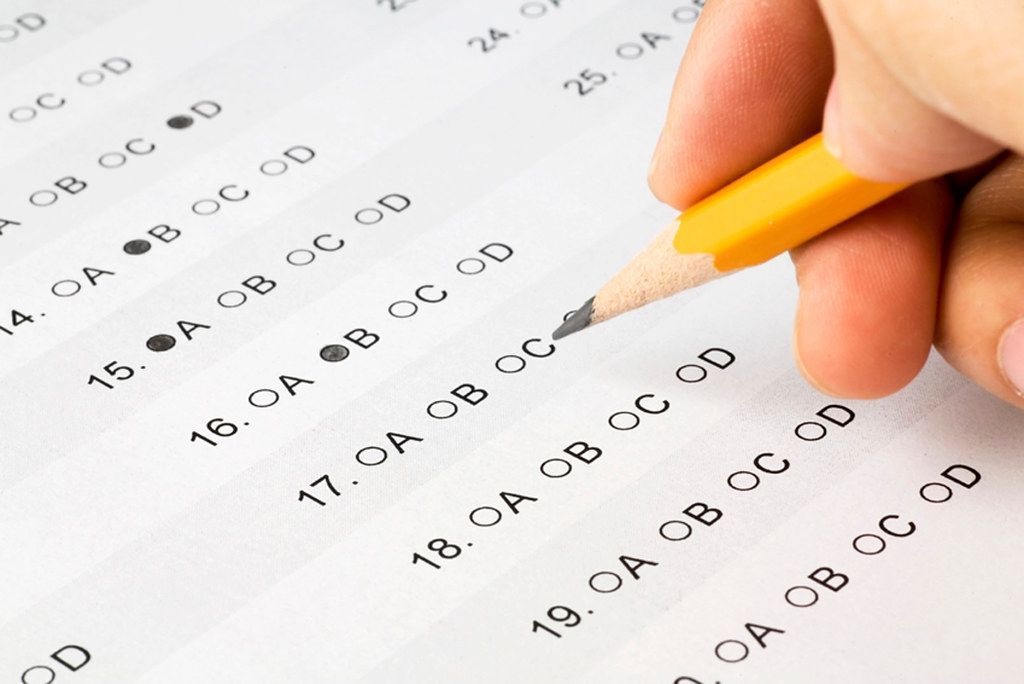
An upcoming exam is the most common source of stressors for a Vietnamese kid because we weigh formal education heavily in the judgment of a person's potential for success. Thus, before an exam, kids will go in front of their household altar, offer fruits and sweets as a gesture of respect for their ancestors and deities, and ask for first-class results. If the exams are of special relevance, such as the National University Entrance Exams, students will even visit a temple or pagoda to ask for the deities' blessings.
Praying is an important part of a rigorous pre-exam ritual that every Vietnamese student follows. The other part is studying, obviously, and the other other part is eating red bean sweet soup (can you guess why?)
👉 A household altar is a must-have in the practice of Vietnamese folk religion. We maintain the altar not only to show gratitude to our ancestors, but also to recognize the "spirit" that is protecting our land and family members.
📌 You will see an altar in every house and business in Vietnam. Step around incense smoke and refrain from touching the offerings to be respectful to the house owners and the spirits of the land.
📸 Spring Pilgrimage and Tết Rituals
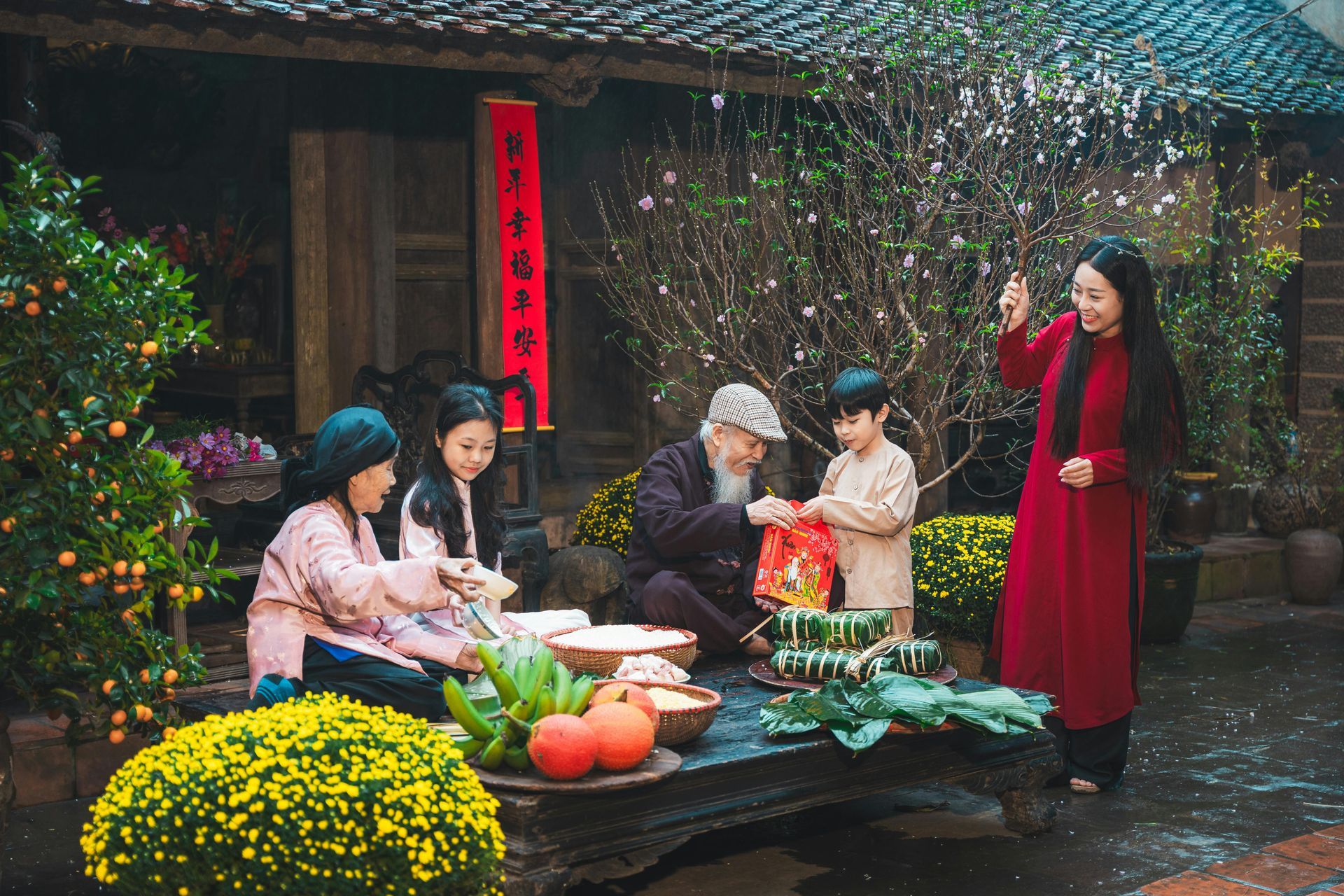
Lunar New Year (Tết holiday) is, personally, my favorite Vietnamese holiday. Yes, I get to take a very long break from adult commitments, but more importantly, I get to wear cute traditional outfits and spend time with my family on the spring pilgrimage!
The term refers to the Vietnamese custom of visiting temples, pagodas, and communal houses at the start of a new year to pray for health, happiness, and prosperity. Young people make plans weeks in advance to shop for new clothes, prepare photo ideas, and get our hair and nails done. You can even say that the anticipation for Tết itself outweighs the actual holiday!
👉 More than appearances, careful preparation for Tết indicates that we treasure this special occasion to spend time with our loved ones, whose daily schedules make it tough for the whole family to gather and share stories over a traditional meal or bicker about where we should visit for Tết. Colorful áo dài and blooming peach blossoms under gentle streaks of sunlight paint a pristine picture for laughter, warm hugs and family memories.
📌 When you visit a sacred site, be sure to dress modestly (with clothes covering your shoulders and no skirts or shorts) and keep noise to a minimum.
🙏 Listening to Ancestors’ Guidance in Daily Life
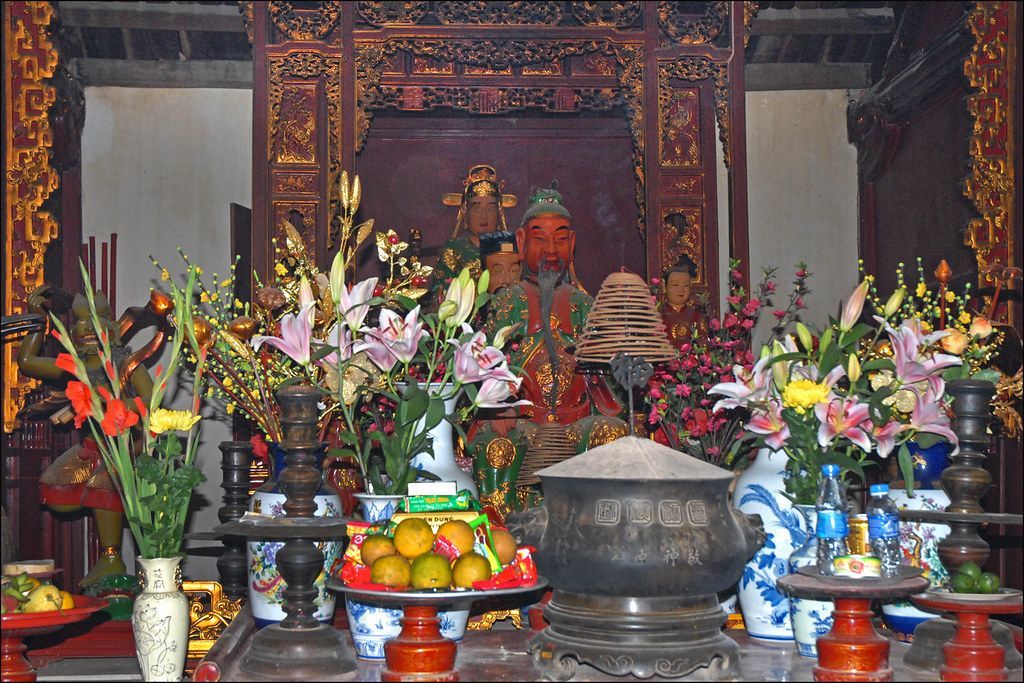
Not Google, and maybe not even our parents: Who we ask first thing when facing a dilemma is our ancestors. In fact, a common saying among Vietnamese young people is "nghe lời tổ tiên mách bảo" (listen to your ancestors' advice), which stems from the core belief in Vietnamese folk religion that the spirits of our late ancestors are still protecting and guiding us.
We say this phrase on virtually every occasion, like picking an answer to a multiple-choice question when our heads are empty, deciding how much salt to season our food, or picking which way to go when we are lost in the traffic craze.
👉 Ancestral veneration is central to Vietnamese folk religion. On the death anniversary of an ancestor, a Vietnamese family always organizes a banquet, where every family member is expected to attend and contribute to the altar offerings. It is also common to burn incense sticks and joss paper (hell money), because we believe that as above, so below: If the living need the means for transaction and entertainment, then the dead need them as well.
📌 If you happen to visit a Vietnamese household when the family is holding a death anniversary banquet, ask for their permission before you join and eat any of the offerings.
✨ Want to learn more about Vietnamese folk religion?
Vietnamese religions and cultures are multi-faceted and full of surprises, so after reading this snippet, see them for yourself! Up Travel Vietnam offers a Magical Vietnam in 9 Days tour, where you can explore the ancient Tran Quoc Pagoda in Hanoi and the historical sites of Hue Imperial City, among many other culturally and religiously rich destinations.
In addition, Up Travel has a variety of Vietnam experiences and tours that are tailored just for you, whatever your interests and traveling styles are. Message us today to begin your adventure!
